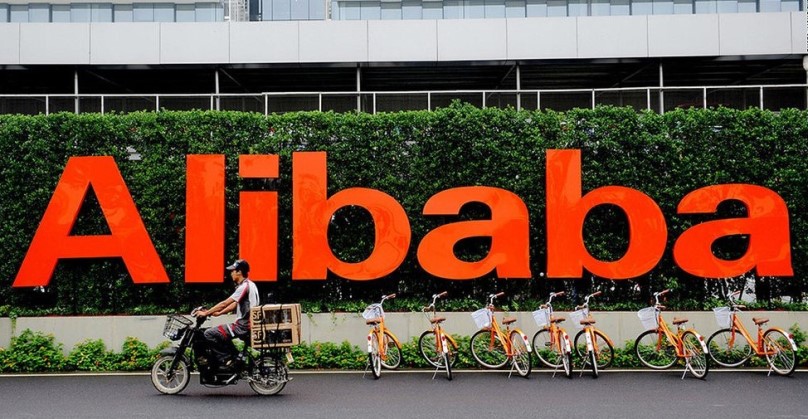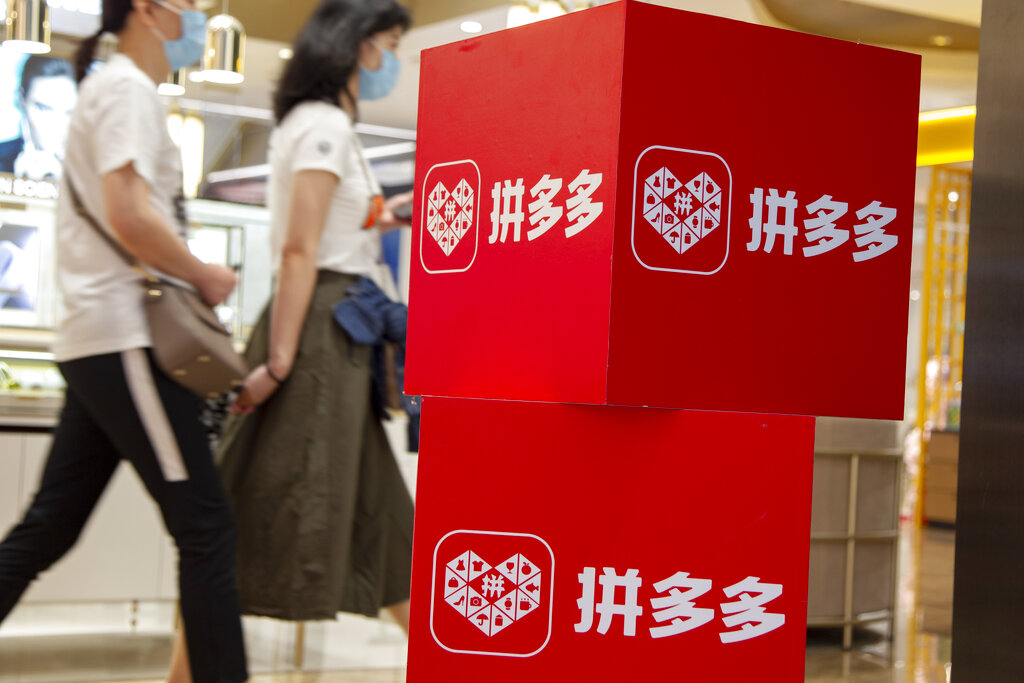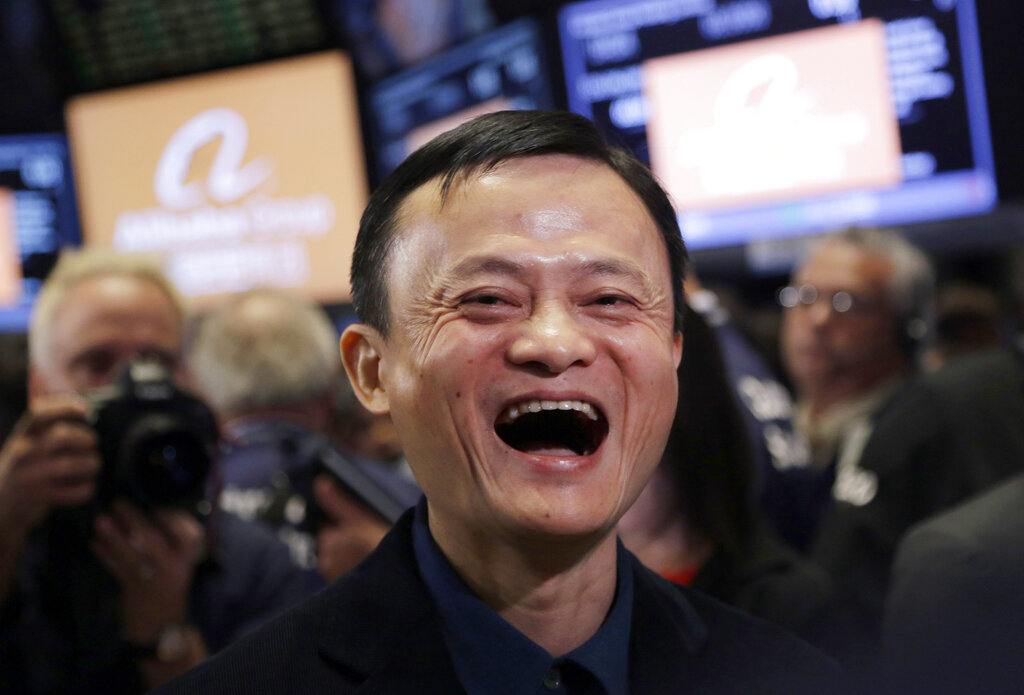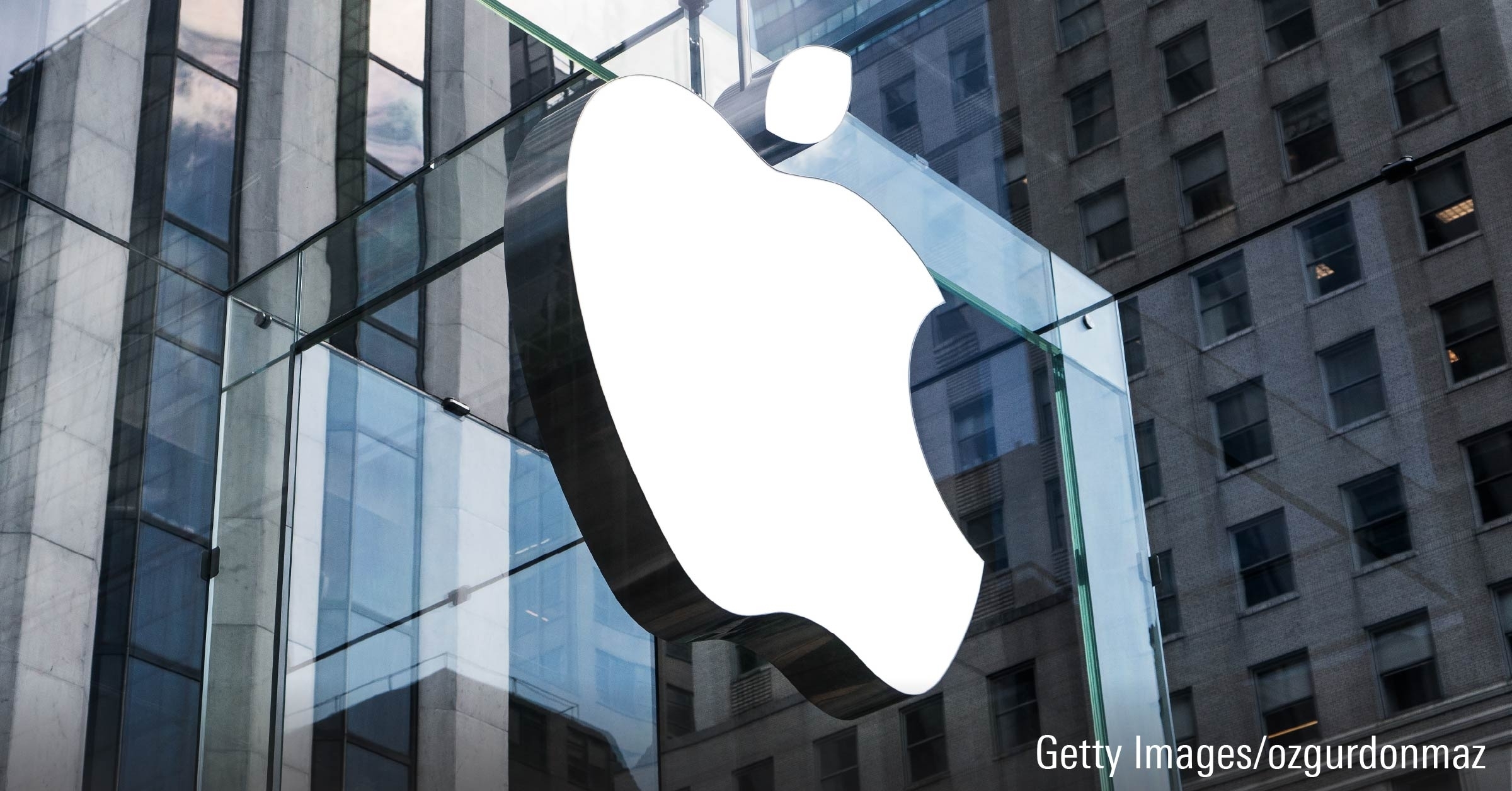
In a surprising move, Daniel Zhang has quit Alibaba Cloud Intelligence Group. Eddie Wu, who assumed the role of the chief executive officer at Alibaba Group (09988, BABA) in June, will succeed Zhang as the chairman and CEO of Alibaba Cloud Intelligence Group.
This comes months after Alibaba Group announced its historic restructuring plan to split itself into six business units, when the e-commerce major appointed Zhang as the CEO and chairman of the Alibaba Cloud Intelligence Group. Before taking the cloud head role in June, Zhang was Alibaba Group’s executive chairman and chief executive officer.
Morningstar analyst Chelsey Tam says: “This is surprising as Zhang resigned from Alibaba as the chairman and CEO in June while keeping the Alibaba Cloud chairman and CEO roles. We think this latest change was not planned back in June and there are concerns of disagreements among Alibaba’s partners.” While retaining the current forecasts and fair value estimates for Alibaba, Tam says she has “mixed thoughts on this news.”
Alibaba’s Broader Plan for IPO and Unlocking Values
It was believed that the initial appointment was aligned with the expectation that Alibaba will spin off its cloud unit via distributions to shareholders through stock dividends over the next 12 months. The reappointment of Zhang was thought to be the strategic plan for the cloud unit to focus on reaccelerating the broader groups’ slowing cloud revenue, capturing opportunities with generative artificial intelligence, and preparing for its initial public offering (lPO).
Tam also regarded separating management between Alibaba Group and its cloud unit as an improvement of corporate governance.
“We highlighted that the greater independence of Alibaba Cloud from Alibaba would help Alibaba Cloud to win businesses from companies that compete with any of the businesses at Alibaba Group. It would position the Cloud Intelligence Group as a more neutral cloud service provider that, for example, would not disclose customers’ data to Alibaba Group for competitive reasons,” she explained.
Corporate Governance Concerns Could Return at Alibaba
Now, as Zhang exits the firm, these positive changes at Alibaba are unlikely to materialize.
“In our previous note released in June, we believed that having separate CEOs in charge of Alibaba and Alibaba Cloud would lead to several benefits, but this is no longer valid with the latest managerial change,” Tam says.
That means that the separation of the management of the holding company and the cloud subsidiary has been overturned – Wu will oversee Alibaba Group as the CEO and Alibaba Cloud as its chairman and CEO.
Tam adds: “Given that the CEO role of Alibaba and Alibaba Cloud will be performed by the same person once again, instead of different leaders in the previous arrangement, we think this could raise corporate governance concerns. For example, Alibaba Cloud’s potential customers may worry about the sharing of their data with Alibaba.”
Eddie Wu Takes Over; Zhang Establishes Tech Fund
At the same time, Tam isn’t too concerned about the departure of Zhang.
“Alibaba didn’t have a solid track record under the previous leadership of Daniel Zhang. For example, the firm wasn’t able to prevent PDD Holdings from overtaking Taobao Tmall as the largest Chinese e-commerce platform (by annual customers that transact on the platform.) Hence, his departure isn’t necessarily a negative for Alibaba Cloud,” she adds.
Tam praises Wu’s stronger technology background, having been the chief technology officer for both Alipay and Taobao and a venture capitalist investing in technology companies. “This experience should give him a better understanding of the cloud business compared with Zhang whose original background was in finance and accounting.”
After his departure from the firm, Alibaba has plans to inject US$ 1 billion of capital into a future technology fund established by Zhang, which is designed to help Alibaba improve its ecosystem, Tam says citing an internal letter.
The Surprise Change Was Likely a Result of Disagreement Among Partners
There is no release on Alibaba’s investor relations website regarding the reports above. Monitoring the developments, Tam adds that if Wu’s dual role stands to be a long-term arrangement, estimates will have to be adjusted to reflect a lower likelihood of winning cloud business from Alibaba’s natural competitors.
For now, there are no signs or official statements indicating that Alibaba Group will initiate another organizational structure overhaul or any changes to the IPO plan for the cloud business.
Morningstar’s current fair value estimates assigned for Alibaba Group are HK$ 124 for the Hong Kong listing and US$ 128 for the ADR listing. The stock earns a 4-star rating, trading at a discount of around 30%.
Despite the deep undervaluation, Tam believes the near-term share price performance may be muted, “as the pace of unlocking the value of Alibaba through potential listings of its units could be postponed, with the reported delay of Freshippo’s IPO due to low valuation.”







:quality(80)/cloudfront-us-east-1.images.arcpublishing.com/morningstar/EWMG3XJM2RA4ZLC5J5M6SSVVZA.jpg)


.png)




.jpg)





